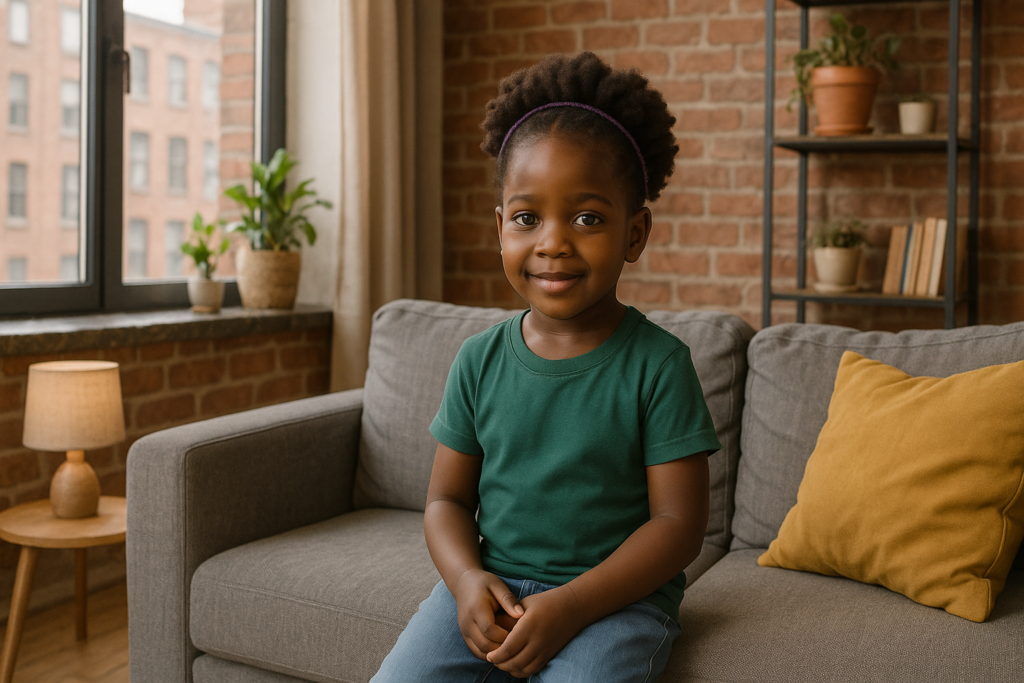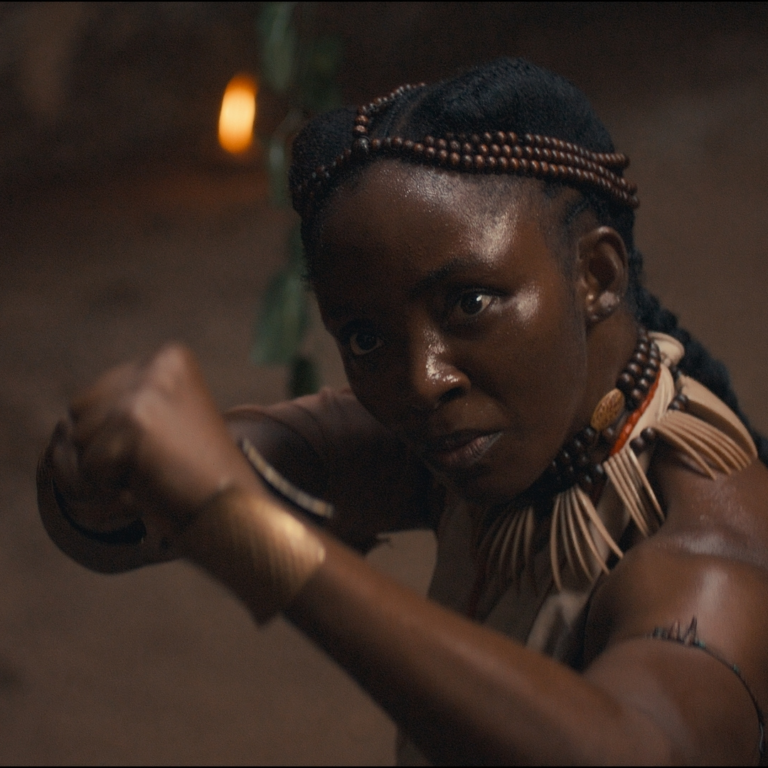
The early years of life of a child represent a critical window for brain development. During this time, toddlers absorb information like little sponges, building neural connections that will serve as the foundation for future learning. But fostering this development doesn’t require expensive toys or elaborate setups!
Sensory exploration stands at the heart of early childhood learning. Creating simple sensory experiences with everyday materials engages multiple parts of the developing brain simultaneously. You might have seen this website with the game Gates of Olympus and other resources highlighting how multisensory play creates stronger neural pathways than single-sense activities. When toddlers engage their senses, they’re not just having fun—they’re building their brains.
Nature Scavenger Hunts: Outdoor Learning Adventures
Benefits:
- Builds observational skills
- Expands vocabulary
- Develops classification abilities
- Encourages physical movement
Quick Tip: Keep scavenger hunts simple with just 3-4 items for younger toddlers. For older toddlers, consider using picture cards of items to find.
Take a small bag and help your little explorer collect natural treasures. Each discovery becomes an opportunity for conversation: “Look at this smooth rock! Can you find another one?”
DIY Musical Instruments: Symphony at Home
Nothing delights toddlers quite like making noise with purpose! Creating homemade instruments transforms ordinary household items into tools for rhythmic exploration.
Materials you might already have:
- Empty containers with lids (for shakers)
- Cardboard boxes (for drums)
- Rubber bands (for string instruments)
- Metal pot lids (for cymbals)
Research shows that musical play strengthens auditory processing pathways and builds the neural framework for later mathematical thinking. Plus, the cooperative nature of making music together helps develop social skills and emotional regulation.
Cooking Together: Tasty Learning
Involving toddlers in simple kitchen tasks creates natural learning opportunities while building life skills. Even very young children can:
- Pour pre-measured ingredients
- Stir batters
- Wash fruits and vegetables
- Help arrange items on a plate
During these activities, narrate what’s happening: “We’re adding flour to make our dough sticky. See how it’s changing?” This running commentary builds vocabulary and helps toddlers understand processes and transformations.
Storytelling with Props: Bringing Books to Life
Did you know? Acting out stories helps toddlers understand narrative structure, which becomes the foundation for reading comprehension later on.
Transform story time from passive listening to active engagement by:
- Using stuffed animals as characters
- Creating simple stick puppets
- Acting out familiar scenes together
- Recording your toddler’s own stories
This interactive approach bridges the gap between concrete experiences and abstract concepts—a crucial step in cognitive development.
Open-Ended Art Exploration: Creative Expression
During these activities, narrate what’s happening: “We’re adding flour to make our dough sticky. See how it’s changing?” This running commentary builds vocabulary and helps toddlers understand processes and transformations.
Storytelling with Props: Bringing Books to Life
Did you know? Acting out stories helps toddlers understand narrative structure, which becomes the foundation for reading comprehension later on.
Transform story time from passive listening to active engagement by:
- Using stuffed animals as characters
- Creating simple stick puppets
- Acting out familiar scenes together
- Recording your toddler’s own stories
This interactive approach bridges the gap between concrete experiences and abstract concepts—a crucial step in cognitive development.
Open-Ended Art Exploration: Creative Expression
Traditional colouring books have their place, but open-ended art materials offer richer developmental benefits. When toddlers create without prescribed outcomes, they develop:
| Developmental Area | How Art Helps |
| Fine Motor Skills | Manipulating materials strengthens hand muscles |
| Decision Making | Choosing colors and materials builds executive function |
| Emotional Regulation | Expressing feelings through art provides healthy outlets |
| Mathematical Thinking | Exploring patterns, shapes, and spatial relationships |
Simple art station ideas:
- Play dough with natural materials
- Large paper with washable paint
- Collage materials with child-safe glue sticks
- Chalk on sidewalks or dark paper
The Most Important Thing to Remember
The quality of your interaction matters more than the activity itself. Being present and responsive, and following your child’s lead turns ordinary moments into powerful learning experiences.
Every child develops at their own pace, so focus on the joy of exploration rather than specific milestones. By providing varied, sensory-rich opportunities for play, you’re giving your toddler exactly what they need to flourish.
What’s your toddler’s favourite activity? Consider starting with that interest and building upon it with one of these development-boosting approaches!
Conclusion: Small Moments, Big Impact

These five simple activities demonstrate an important truth about early childhood development: the most powerful learning opportunities often hide in ordinary moments. While the latest educational toys and structured programs have their place, nothing replaces the developmental benefits of hands-on exploration guided by an attentive caregiver.
Remember these key takeaways as you incorporate these activities into your routine:
- Consistency trumps complexity — Brief, regular play sessions yield greater benefits than occasional elaborate activities.
- Process matters more than product — The value lies in the exploration itself, not what gets created or accomplished.
- Follow their lead — Your child’s natural curiosity will guide you to the most meaningful learning opportunities.
By weaving these developmental activities into your daily life, you’re not just occupying your toddler’s time—you’re building the foundation for lifelong learning, creativity, and confidence. The investment is minimal, but the impact on your child’s development is immeasurable.
What will you try first? Start with just one activity this week, observe what engages your child the most, and expand from there. Your toddler’s growing brain will thank you!




